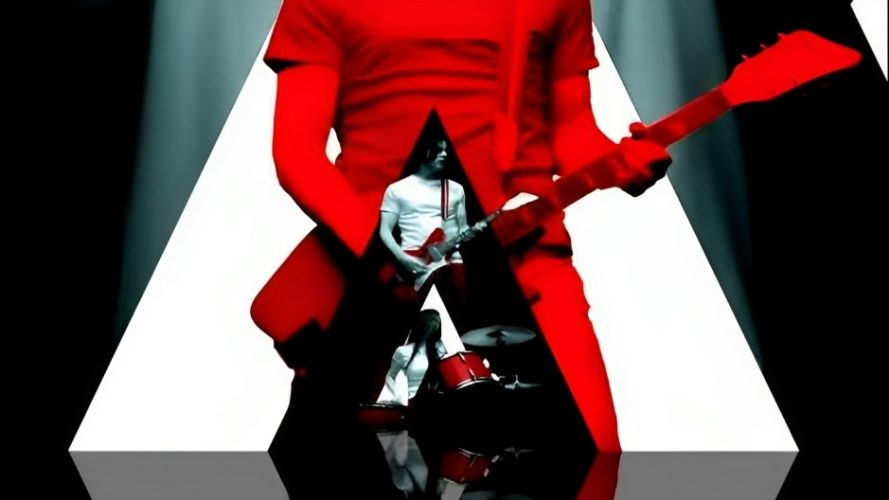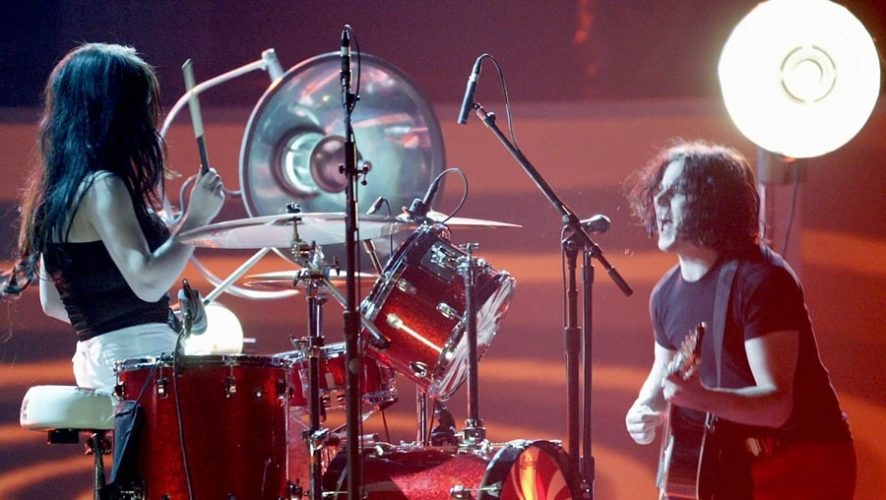We’ve all been there.
It’s Friday night, and after a long work week all you want to do is go down to a local venue and meet up with friends for cheap beer and fun music.
You’re chilling out with your crew, drinking a Budlight in a clear plastic cup, and listening to a local band play their hearts out on the stage.
It’s loud, it’s active, and hopefully it’s fun.
Past the table full of merch and albums, the band is trying desperately to make the most of their time, hoping to make a good impression on you and your friends.
Perhaps a member of your group talks about the lead singer, noting his or her beautiful voice or outrageous outfit.
The drummer might get attention too, the persistent beat for better or worse pounding it’s way through the crowd.
Depending on the band, there may be a pianist, a fiddler, or even a mandolin player.
Of course, how could we forget about the soloist himself?
The guitarist, shredding out a couple of measures in the limelight, trying for all he’s worth to land each rapid note with accuracy and power.
Regardless of whether he succeeds or not, for good or bad these moments tend to make up the most memorable scenes in the music world.
Why bassists are overlooked

It’s so easy to fixate on these solos.
Like a stirring operatic soprano, the guitarist bursts onto the scene, jumping up and down, shredding at the strings, and pounding out the melody.
The vocalist steps aside for a half minute and if all goes well, the crowd goes wild.
It’s no wonder that the Rock & Roll hall of fame is lined with guitarists whose legendary performances canonized them forever, and every guitarist at open mic night dreams of their solo catching the eye of an agent to take them and their band the distance.
However, even though the singing has stopped, the drums still pound on, the keyboard keeps ringing out, and the whole band still supports this brilliant melodic climax.
It’s not really fair to give all the credit to a single player especially since one player in particular has been carrying the entire song on his or her back.
Sure the guitar solo is where the crowd jumps up and down, but the rhythmic swaying and swelling, falling over the crowd belongs to a different stringed instrument.
The bassist is perhaps the most overlooked and most important player in any band. Often the first few notes in a song belong to none other than the bassist.
And the cornerstone of any successful song, it’s hook, is almost always the bassist’s job.
It may seem hard to grasp at first how critical a role the bassist plays, but it is critical.

Plenty of young aspiring musicians skip over the bassist or treat him or her as a second-class citizen in the band.
They make the mistake of overlooking one of the most important components to a rich and successful sound.
If you try to start a band without a bassist, you’re going to have a bad time.
Don’t take my word for it, though. Instead let’s look at rock and roll titans Guns N’ Roses.
Guns N’ Roses was inducted into the Rock & Roll hall of fame in the year 2012, with the website remarking that “Mainstream rock wasn’t the same after the members of Guns N’ Roses sunk their teeth into it.”
It’s easy to look at the success of these rock and roll gods and say it belongs to the legendary guitarist, Slash or distinctive vocalist, Axel Rose, but I would like to draw attention to the well-deserving Duff McKagan for his fantastic work on one of my favorite songs.
Sweet Child O’ Mine is everything a rock ballad should be. It’s punchy. It’s heartfelt.
It’s instantly recognizable, and unrepentantly intense.
For many of the uninitiated, it is the song that they will hear and say something like, “I didn’t know they wrote songs like this!” When what they mean is, “This song speaks to something real.”
That real feeling is the sweet and soothing love that permeates the entire piece and it begins with Duff’s gentle, firm and passionate bass riff.
Although the first notes of the song belong to the guitar hook, the real melody begins with the smooth baritone notes that set the critical undertone for the entire piece.
Go to YouTube and look up a bass tutorial for the song and see exactly what I’m talking about. I like the Base backing track posted by Trends TV (see below).
After just a few measures you can feel what’s missing. The song is still serviceable.
Slash is hitting that hook with all he’s got and Steven Adler lets the drums swell with glorious precision.
But for me, despite the legendary skill and talent on display I can’t help but feel like I’m back at open mic night listening to some inexperienced or perhaps just down on luck band that can’t or won’t include the supportive and rich sound of a bass guitar.
Now listen to Sweet Child O’ Mine proper.
Those first thirty seconds get uplifted from serviceable to the kind of emotional masterpiece that makes for an enduring eternal legacy.
Why bassists are still relevant
But it’s not as if the bassist’s role is a thing of the past. Plenty of modern songs continue to showcase the essential nature of the position.
When it comes to songs that perfectly exemplify the power of a solid bass hook, Seven Nation Army, by the White Stripes stands alone.

For many this is the song that took the dynamic duo out of obscurity and into the public eye, and for good reason!
While the song is certainly open to interpretation, it strikes me as a song about profound and frustrating loneliness.
In this song, Jack White seems to say “I am homeless, purposeless, and loveless, and I don’t care who knows it!”
He seems to be telling a tale of vented vexation, where he desperately funnels his anger into work, travel, and a new horizon all in the hope that he will find some sense of belonging.
It’s a tragic and poetic piece, but the reason it’s a top chart song is because of its phenomenal sound.
The song has a punchy firm tempo and the vocal work by Jack White is delightfully restrained for the majority of the piece, drawing you in and leading you to hang on his every frustrated and heart-torn word.
But the real star of this piece is the bass guitar.
Front and center, the first fourteen notes pull you in with an enchanting double hook.
The drums take their time letting the entire stage be possessed by the firm bass riff that serves as the song’s lifeblood, and when they do eventually jump in they just seem to urge the bassist on to cast his spell on the audience.

Even when the climactic non-vocal chorus breaks out in violent electric cacophony, the entire eruption is underpinned by the baseline.
The guitar only lies on top of the bass, adding an anguished flourish here and there. Once the moment passes, the stage goes quiet.
Everything falls away except for that rich determined bass hook that refreshes the pallet and sets up the listener for another verse.
Why bassists are essential
So why are bassists so important? Let’s look to our two examples.
One is a heartfelt classic, the other is a modern hit. One is performed by superstars the other by a band with a cult following.
One is a love ballad, the other is a desperate need to find belonging.
The importance of bassists is easily understood once you learn that though these songs are different in era, tone, tempo, subject matter and even genre, the heart and soul of the piece are framed immediately by the bassist and carried throughout the piece by the same.
It doesn’t matter if they are loud or soft. It doesn’t matter if they are front and center or riffing in the background.
What matters is that they are there and that they change the song with a rich and powerful sound that once removed makes the whole show feel slanted, superficial, and mediocre.
While I am sure that there are always exceptions to the rule and every form of music is valid.
I am hard-pressed to think of a single top chart song or indie anthem that would be significantly improved by the removal or the absence of what could be easily called the beating heart of the band.
Conclusion
So the next time you walk into an open mic night and sip on that Budlight, pay attention to the crowd and how they feel the deep vibrations and the flowing baseline.
You’ll catch yourself humming it on the way home, and trying to knock it out of your head the next day.
You’ll notice the spirit put into a good bassist performance and you’ll wonder why you haven’t been listening to it before.







